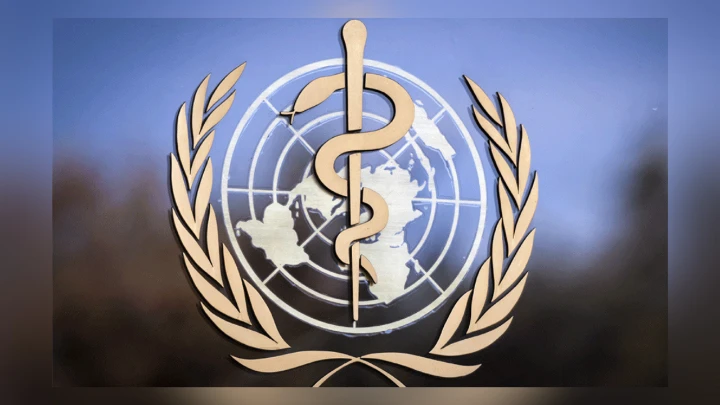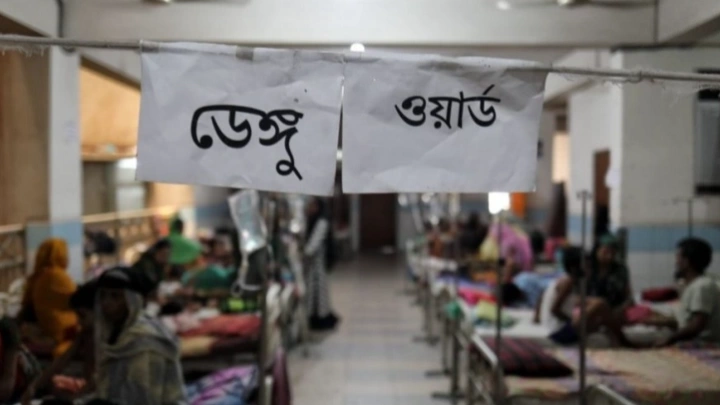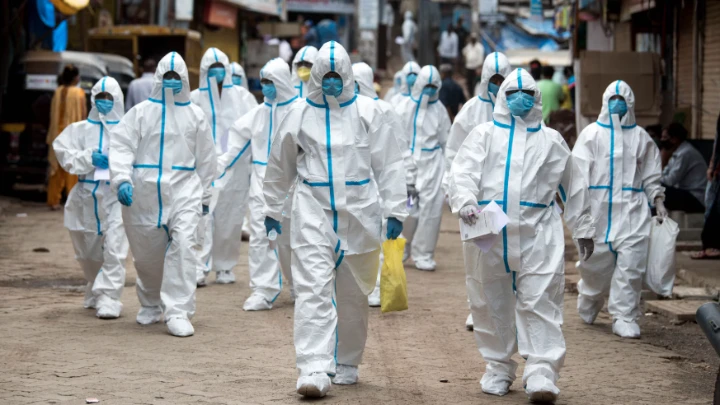Financing healthcare effectively is critical, say experts
DailySun || Shining BD
The implementation of Universal Health Coverage (UHC), according to experts, is being hampered by the struggling health sector of the nation as a result of inadequate funding allocation and ineffective spending management.
They are now calling for a revision of the budgetary allocation to guarantee the best possible use of the funds allotted and improved public health services.
Vice-Chancellor of Bangabandhu Sheikh Mujib Medical University (BSMMU), Prof. Dr. Sharfuddin Ahmed, claimed that Bangladesh's budgetary allocation for the health sector is less than that of other nations.
He stated, "I demand at least 10% of the total budget for the health sector.
In order to reduce out-of-pocket costs and ensure UHC, he also argued for a comprehensive health insurance plan.
Prof. Dr. Syed Abdul Hamid, a former director of Dhaka University's Institute of Health Economics, echoed these sentiments by stating that the World Health Organization (WHO) advises allocating at least 15% of the budget for the health sector.
He also emphasized the necessity of conducting thorough needs analyses for the nation's health sector in order to accurately allocate budgetary funds.
To ensure efficient use and access to health services for the populace, Hamid recommended a switch from an input-based budgetary allocation system to an output-based one.
According to him, public hospitals should be given financial autonomy so they can allocate funds in accordance with patient needs. The government should then reimburse the healthcare facilities based on their outlays.
Prior to allocating funds in accordance with requirements, he also emphasized the need to identify the flaws in the current budgetary line items and the missing line items in the health sector.
For the fiscal year 2022–2023, Finance Minister AHM Mustafa Kamal proposed the 51st national budget, allocating roughly Tk 36,864 crore, or 5.4 percent of the overall national budget, for the health sector.
The WHO recommends allocating 15% of the total national budget for optimal health services, which is less than what is currently done.
In line with the WHO's recommended minimum of 5% of GDP allocation for the health sector, Dr. Ehteshamul Haque Chowdhury, secretary-general of the Bangladesh Medical Association (BMA), suggested that the health budget for the 2023–24 fiscal year should constitute at least 3%–4% of the GDP.
The inability of the health sector to fully utilize the budgetary allocation within the allotted time has raised concerns among experts. They contend that this is due to insufficient planning, delayed funding, a shortage of skilled labor, and a lack of accountability among authorities.
They warn that the out-of-pocket costs have increased as a result of the health sector's budget allocation for fiscal 2022–2023 being underfunded and using resources inefficiently.
This could seriously hamper the country's efforts to lower non-communicable disease mortality rates, reduce out-of-pocket expenses for people to access healthcare, and enhance the scope and quality of healthcare.
The Annual Development Programme (ADP) for the current fiscal year originally included Tk19,278 crore for the health sector, but this amount was later reduced by Tk7,200 crore in the revised ADP, according to the Finance Ministry.
Although the revised allocation has been decreased, it is still possible that it won't all be used up by the end of the fiscal year.
The severity of the situation is highlighted by the fact that, as of right now, only 33% of the allocated funds have been used in the first ten months of the current fiscal year.
Shining BD






















